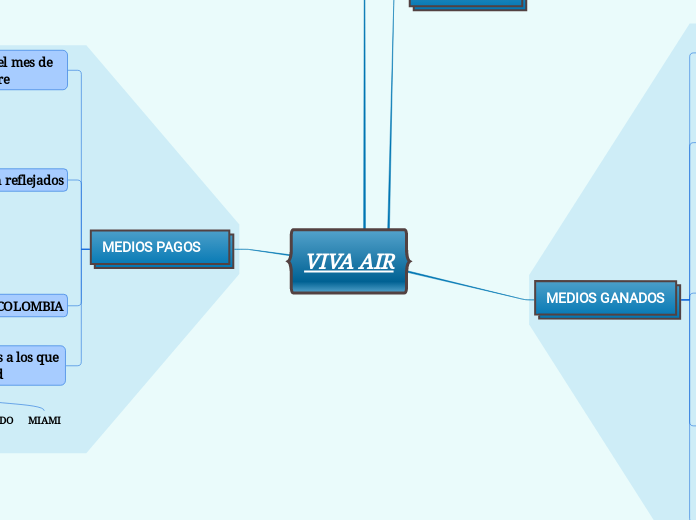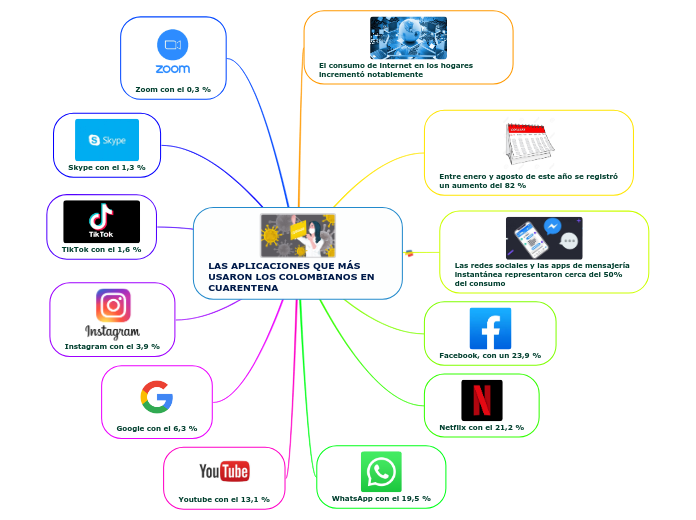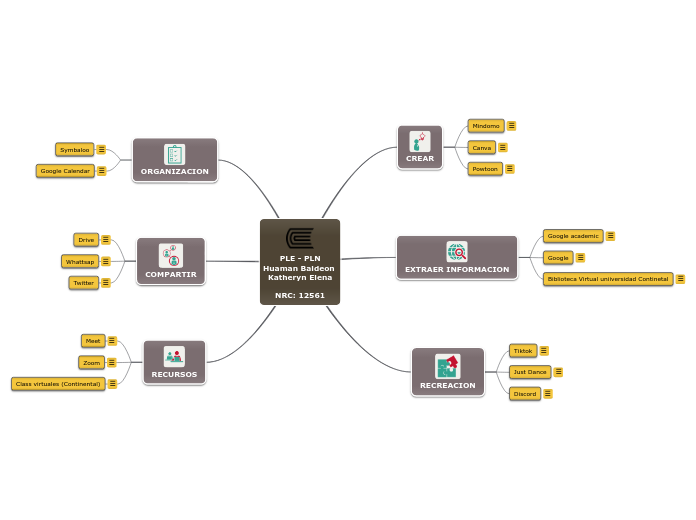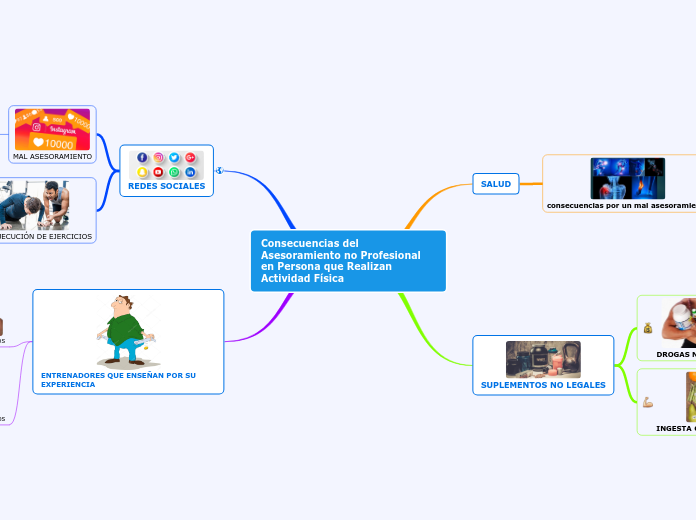VIVA AIR
The part of speech is a category to which a word is assigned according to its syntactic functions. In English the main parts of speech are noun, pronoun, adjective, determiner, verb, adverb, preposition, conjunction, and interjection.
MEDIOS PAGOS
An adverb is used to describe a verb, but it can also describe an adjective or another adverb.
Adverbs normally help paint a fuller picture by describing how something happens.
Sitios fuera del país a los que le hacen publicidad
MIAMI
ORLANDO
PUNTA CANA
EN COLOMBIA
CARTAGENA
SANTA MARTA
SAN ANDRES
Se ven reflejados
INSTAGRAM
MESSENGER
TIK TOK
GOOGLE ADDS
YOUTUBE
AUDIENCIA NETWORK
FACEBOOK
170 Anuncios en el mes de Septiembre
MEDIOS GANADOS
A noun is defined as a person, place, thing or idea. Proper nouns always begin with a capital letter. Common nouns, which are general words, such as 'cars,' are not capitalized.
Compartidos
23.239 FACEBOOK
34 FACEBOOK
536 TIKTOK
618 TIKTOK
Comentarios
Compound nouns are words where two nouns have been stuck together to make a new noun. Compound nouns should be written as one word, without a hyphen.
5 TWITTER PERFIL DE LA FUNDACIÓN
1 YOUTUBE
31 FACEBOOK
Visualizaciones
A noun which refers to a group of things/people.
581 YOUTUBE
558 MIL TIKTOK
239 MIL TIKTOK
121 MIL TIKTOK
102 MIL TIKTOK
450 YOUTUBE
130 YOUTUBE
Likes
Countable nouns are nouns that can be counted, even if the number might be extraordinarily high.
Uncountable nouns are nouns that come in a state or quantity which is impossible to count; liquids are uncountable, as are things which act
like liquids.
80 TIKTOK
22 FACEBOOK
60 TWITTER
14 YOUTUBE
5 TWITTER
Alianzas
Proper nouns are the names of specific people or places. They should always begin with a capital letter.
Marcela Riclamores
Rigoberto Uran
Additional info
MEDIOS PROPIOS
A verb is an action word or 'doing' word that signifies movement in some way.
TIKTOK
PAGINA WEB
VIVAAIR.COM
LinkedIn- Viva
An auxiliary verb helps the main (full) verb and is also called a 'helping verb.' With auxiliary verbs, you can write sentences in different tenses, moods, or voices.
You have been practicing hard.
YouTube-viva air
A participle is a verb form that can be used as an adjective or to create a verb tense. There are two types of participles: Present participle (ending -ing) and Past participle (usually ending -ed, -d, -t, -en, or -n).
The winning athlete gets a trophy.
Instagram -vivaaircol
A modal is a type of auxiliary (helping) verb that is used to express: ability, possibility, permission or obligation. The main modal verbs in the English language are: can, could, may, might, must, shall, should, will, would.
I might go to the park if I get my homework done.
Facebook-VivaAir
A linking verb connects the subject with a word that gives information about the subject, such as a condition or relationship.
Create sentences
You look exhausted after studying all night.
Twitter-VivaAirCol
A verb with its own meaning: a verb that is not an auxiliary verb.
FUNDA_VIVAAIR
APP ASOCIADA
VIVA









